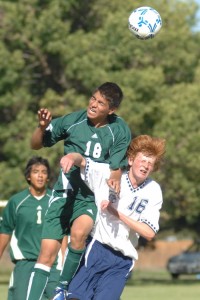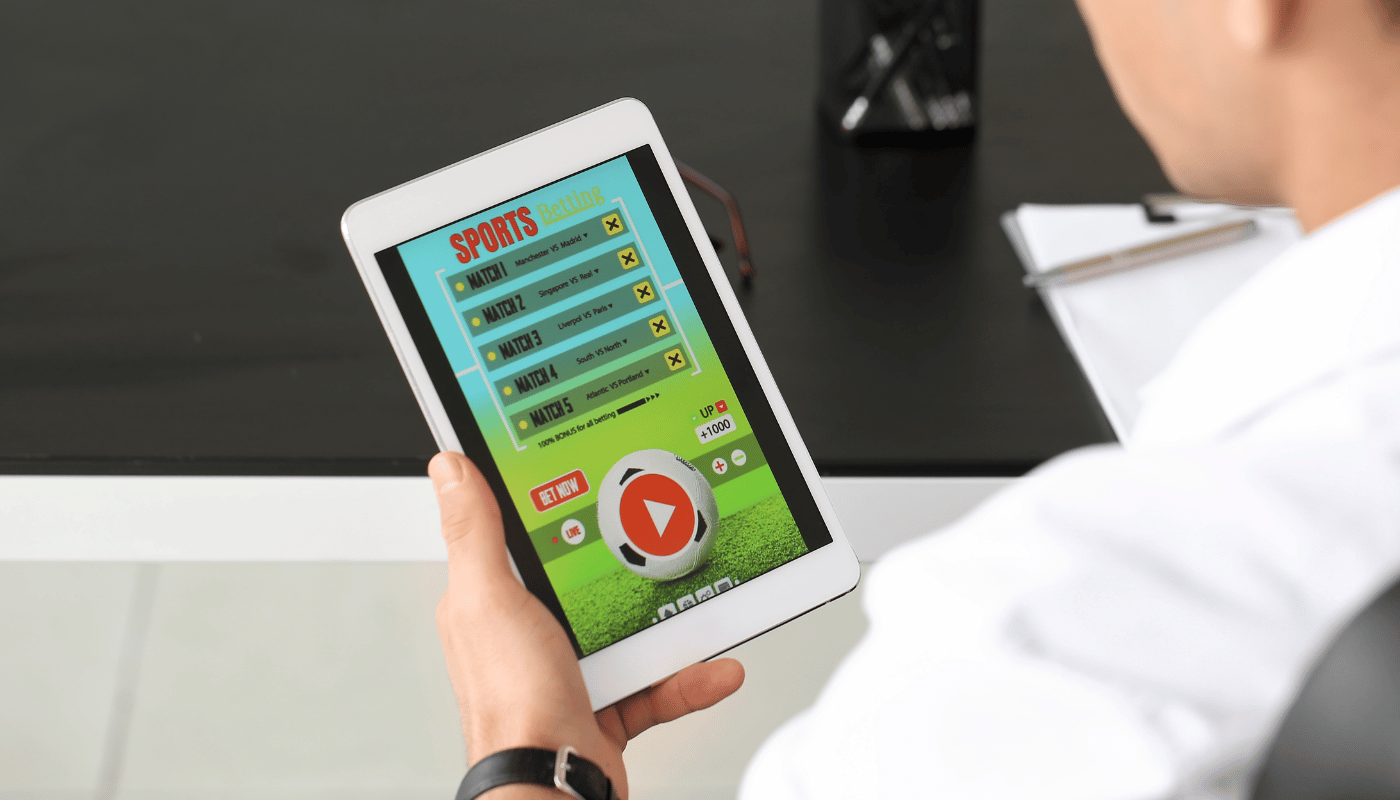
Many people often use or hear the term “bell-ringer” or “ding” to describe momentary states of confusion or disorientation that results after being hit on the head. The casual term tends to infer that such injuries are not reason to be concerned. This is not the case. Bell-ringers or dings are the most common type of concussion, yet in youth and high school sport they are often not taken seriously. In fact, many go unreported. In addition to the very real threat of Second Impact Syndrome, which typically results in death, several studies have clearly shown these mild instances of concussion can have significant neurocognitive effects.Additional symptoms can have delayed onset. While many in the athletic community tend to believe bellringers or dings heal rapidly and warrant continuation of physical activity, the cellular and functional damage to the brain can take much longer than several minutes to resolve. Continuing to ignore the very real threat bell-ringers and dings present puts the health and safety of the young athlete at definite risk. Therefore, it’s best not return athletes to play who have sustained any type of concussive injury.



Leave a Reply